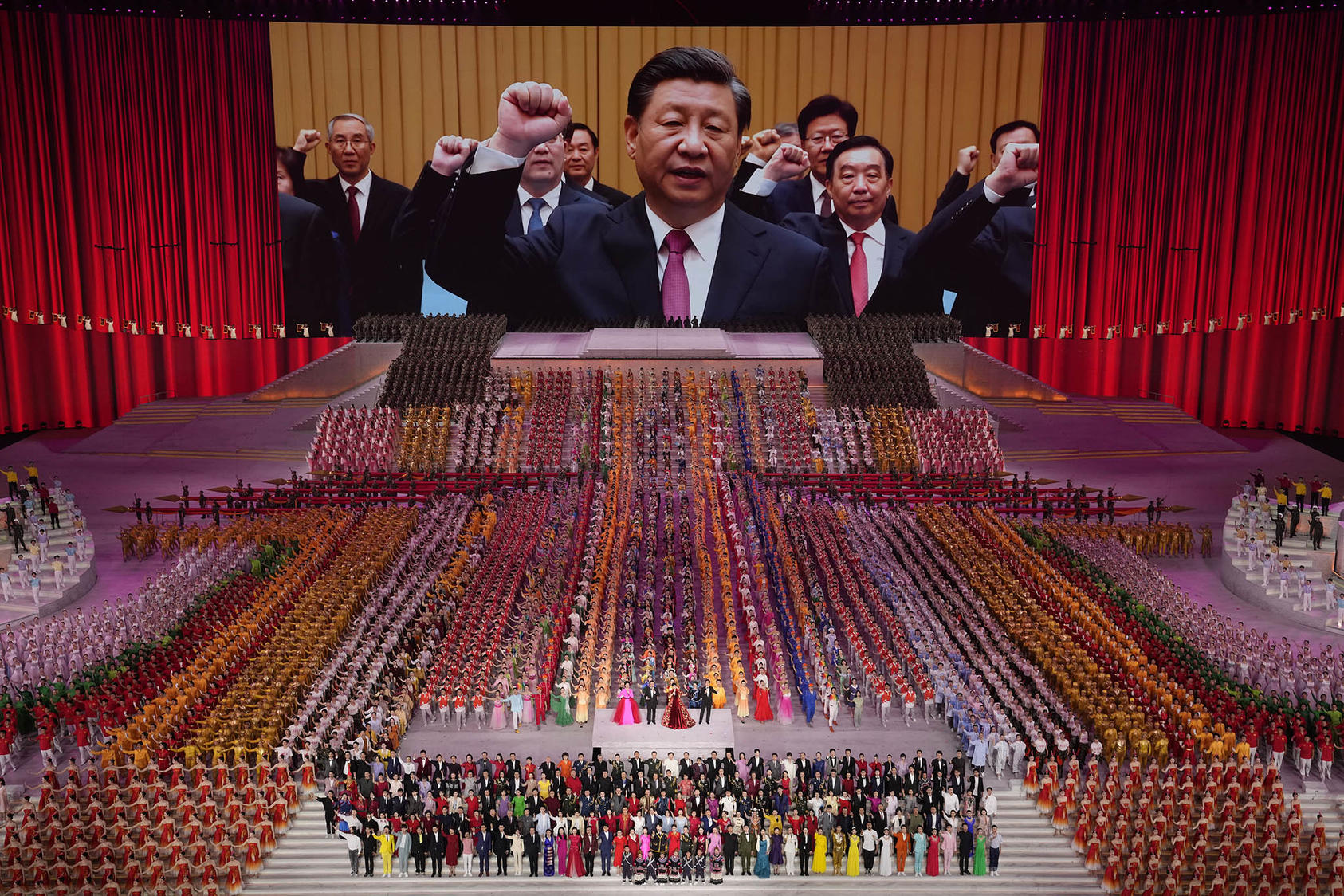Beijing’s Strategy for Asserting Its “Party Rule by Law” Abroad
Under the leadership of Xi Jinping, the Chinese Communist Party has taken steps to assert more influence over the international legal system and to shape the global legal environment to better serve its political and economic objectives. This report examines the potential ramifications of China’s assertive use of new legal tools for US interests and international stability, and discusses several options that the United States and its partners can pursue to bolster the rules-based order that underpins global stability and cooperation.

Summary
- The Chinese Communist Party (CCP) seeks to expand the applicability of its “rule by law” (as opposed to “rule of law”) paradigm, enhancing its ability to use the law as a tool to increase its international influence and advance its political and economic objectives.
- The CCP is taking three steps to expand rule by law abroad: expanding its control over the legal system at home, increasing the extraterritoriality of PRC laws, and crafting new legal tools to block US extraterritorial laws and shape the behavior of foreign actors.
- These legal developments have significant implications for US industry. Companies will experience escalating risk from increasingly assertive intellectual property jurisdictional claims and efforts to control speech abroad.
- The PRC’s increasingly assertive development of “legal weapons” is likely to further strain US-China relations and potentially destabilize the rules-based order that underpins global stability and cooperation.
- US policymakers can counter CCP efforts by publicly identifying these moves as a threat to democratic governance, working with partners to formalize support for the rule of law in trade and security relationships, and revitalizing US participation in the United Nations to strengthen rule of law norms.
About the Report
Informed by multiple Chinese sources, including open-source government documents, statements by high-ranking officials, reports in state-affiliated media, and Chinese-language academic publications, this report explores the Chinese Communist Party’s ongoing efforts to extend the applicability of its legal system abroad as a means of securing its position at home and advancing its foreign policy objectives. The report was commissioned by the China Program at the United States Institute of Peace.
About the Authors
Jordan Link is a China policy analyst at the Center for American Progress (CAP), where he focuses on the economic and strategic challenges the Chinese Communist Party poses to US foreign policy. Nina Palmer, now in the US government, was a senior fellow at CAP when the report was written; the views expressed are her own and do not necessarily reflect those of the US government. Laura Edwards, a former China policy analyst at CAP, is now a graduate student at Georgetown University.



